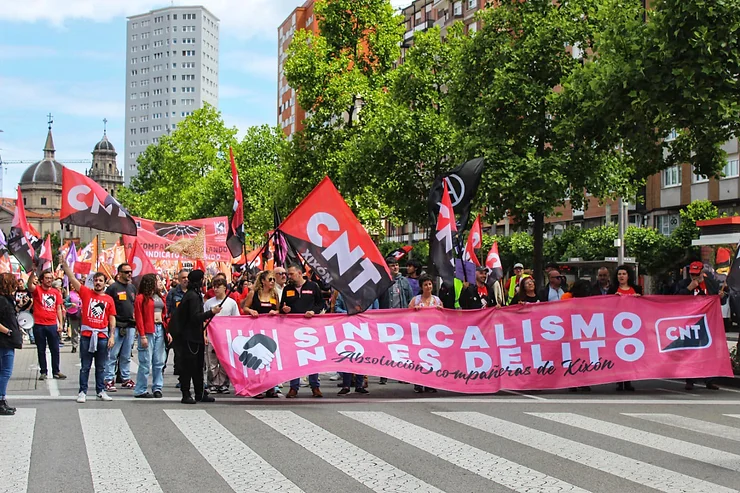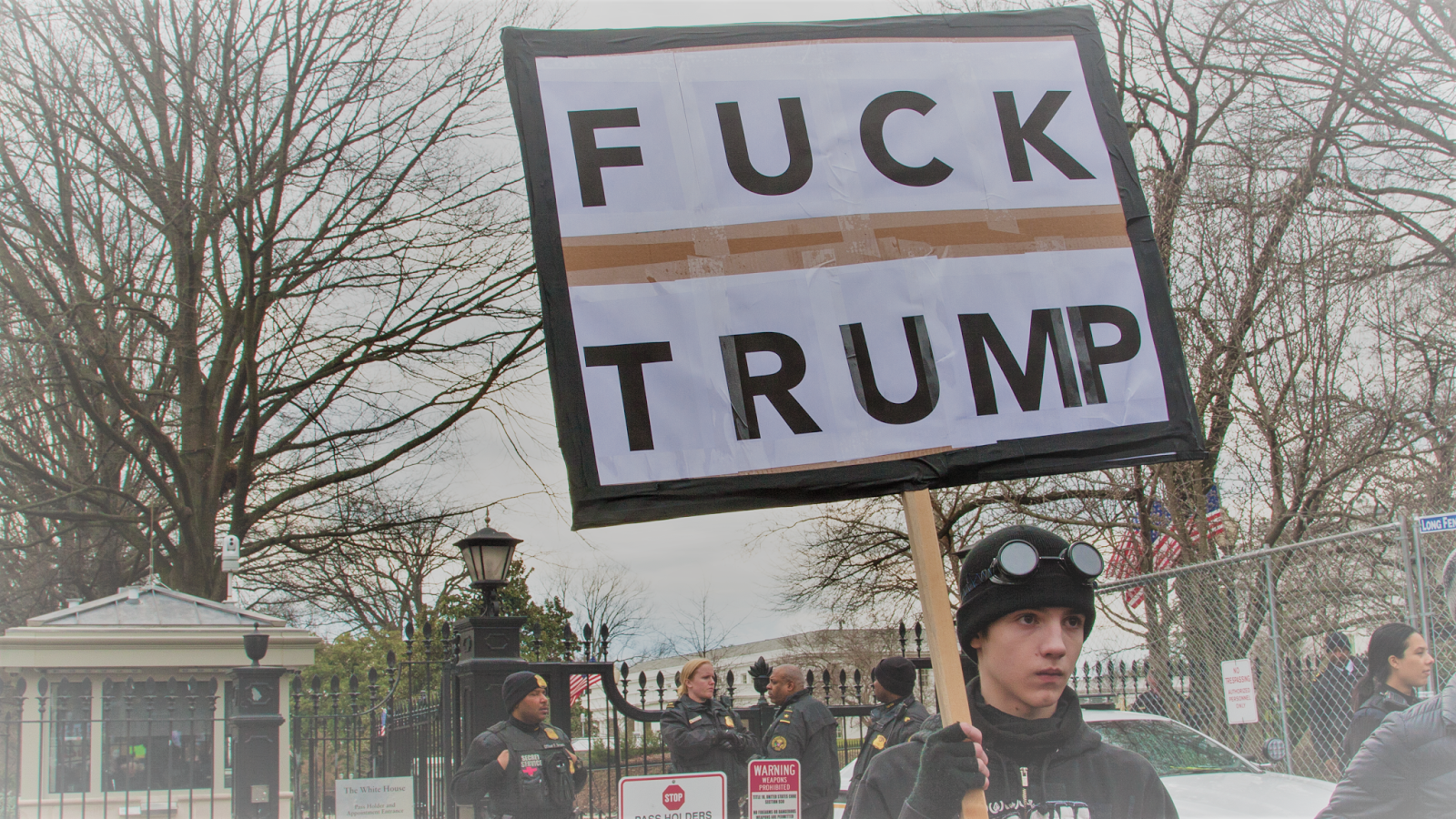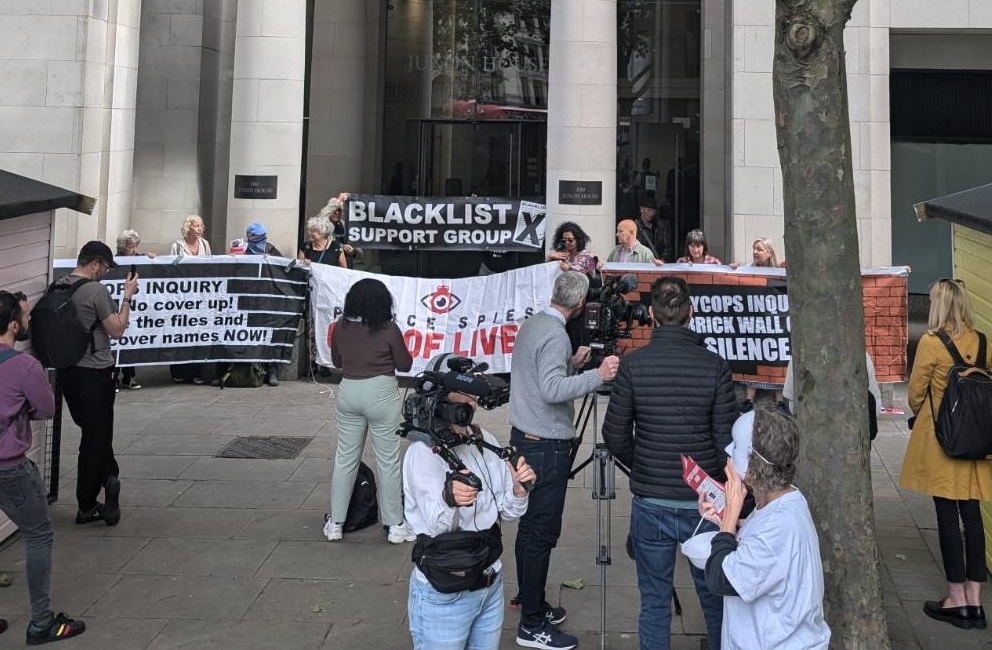Sudanese, Congolese and Palestinian speakers drew links between war, corporate power and colonialism
The first Festival of Collective Liberation organised by Black Livers Matter UK took place in London on July 13. The programme included of panel discussions and workshops, as well as book stalls, art and music.
Aside from the large-scale opening and closing sessions, the day was organised around two 90 minute time slots, in each of which ten sessions were available at a time across the building. From this vast list, I opted for “Reflections on Sudan: 1989 – 2024” and “Blood and Smartphones: The Genocide in DR Congo”.
Lina Dohia led the panel on Sudan’s recent history, discussing how the Rebel Support Forces (RSF) transformed from a paramilitary wing of the state army to a powerful force of its own. Across all industries, from hotels to banks to mining, the RSF is the biggest employer in Sudan and a mercenary power internationally legitimised by selling its services to the EU and Middle Eastern states. Speakers across the panel emphasised the disenfranchisement of people living on the Sudanese peripheries from which the RSF recruit, and noted the impact of neoliberalism that has left young people with no option but to sell their bodies as fighters in petroldollar wars.
Speakers Hamid Khalafalah and Asil Sidahmed outlined Sudan’s post-independence cycle of short-lived democracies, military coups and revolutions, and traced the root cause to how Sudanese identity has been complicated by centuries of Ottoman, Egyptian, and Anglo-Egyptian colonisation, with the British cherry-picking particular tribes to run the country when they left. This legacy of historical colonialism was connected to ongoing exploitation in the late capitalist world economy, with members of the panel highlighting that US sanctions were only recently lifted when Sudan agreed to normalise relations with Israel.
The discussion of genocide in DR Congo, led by Tatiana Giraud, raised number of similar themes, including significant Western sway in wars labelled as “tribal” by mainstream media. Giraud spoke at length about the estimated two million women who have been raped since the start of the Second Congo War, and the urgent need to regulate tagging of metals mined in the Congo to identify a paper trail from big corporations to child labour. Panellist Luc Kangele (Genocost) explained that the cobalt, coltan, and uranium mined in DR Congo are vital to US military supremacy and the future of nuclear warfare. He also emphasised the human and environmental cost of electric cars, whose battery production has polluted rivers, destroyed ecosystems, resulted in birth defects, and threatens the Congo Basin, the world’s second largest rainforest in the world and largest carbon sink.
A concluding session brought together Sudanese, Congolese and Palestinian speakers, along with a video presentation from a Haitian comrade, in a panel structured around Ruth Wilson Gilmore’s concept of organised abandonment. The panel, chaired by Mohammed Elnaiem of the Decolonial Centre, discussed commonalities across the impacts of late stage capitalism and the rise of militarism across the world, pointing out that international solidarity is based on identifying these specific commonalities. In an insightful concluding comment, Lina Dohia insisted that solidarity must be rooted not only a common enemy, but also in shared values.
~ Tallulah Griffith








